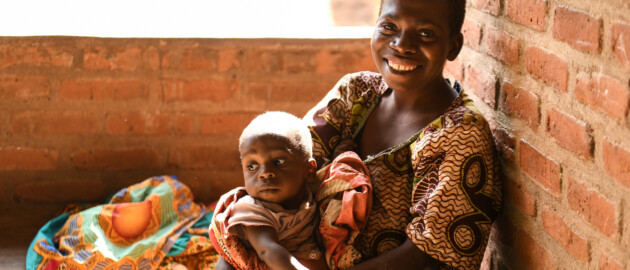Increase Gains in Nutrition by Integration, Education, Evaluation, Empowerment…
Working alongside our partners, this project will deliver integrated nutrition, health and WASH programming for those who need it most in Malawi, Ghana and Pakistan.

We work alongside governments as an expert ally, increasing impact without increasing complexity or cost.
We combine research, technical assistance, advocacy and partnerships to improve policies and programs, and increase resources that help governments implement nutrition initiatives.
Governments build upon our collective strengths.
Nutrition, a traditionally neglected development sector, has been attracting increased attention and resources over the past decade. However, the resources, evidence, policies and programs needed for nutrition scale-up remain insufficient.
Global financing for nutrition is insufficient to meet globally agreed targets.
At present, donors and governments in low- and middle-income countries spend $3.9 billion per year on nutrition-specific interventions. The World Bank estimates that reaching the targets to reduce stunting among children and anaemia in women, increase exclusive breastfeeding rates, and mitigate the impact of wasting will require an average annual investment of $7 billion over the next 10 years.
Nutrition policies and programs are often less than optimal due to gaps in the evidence base, including around nutrition information systems, programs, understanding what works best and where, and knowledge dissemination.
Although many developing countries are committed to scaling up nutrition, a lack of technical capacity to design, deliver and track the progress of gender-sensitive multisectoral nutrition plans and programs can often make it very challenging to turn this vision into reality.
Working together
We identify gaps and provide timely, coordinated, and expert support to build the capacity of countries to scale up nutrition interventions.
At Nutrition International, we use a country-driven, coordinated approach to ensure that all partners committed to improving nutrition outcomes – whether they are donors, national or local governments, civil society, or community groups – are connected and consulted, and that all systems for nutrition delivery are harmonized to achieve maximum impact.
To accelerate global and regional nutrition policies, we undertake significant action on the international stage.
We provide technical support to governments to influence the development of:
We work with governments at all levels to:
Discover our projects around the world
Browse our complete list of projects to learn about how we deliver high-impact, low-cost, evidence-based nutrition programs for those who need it most.